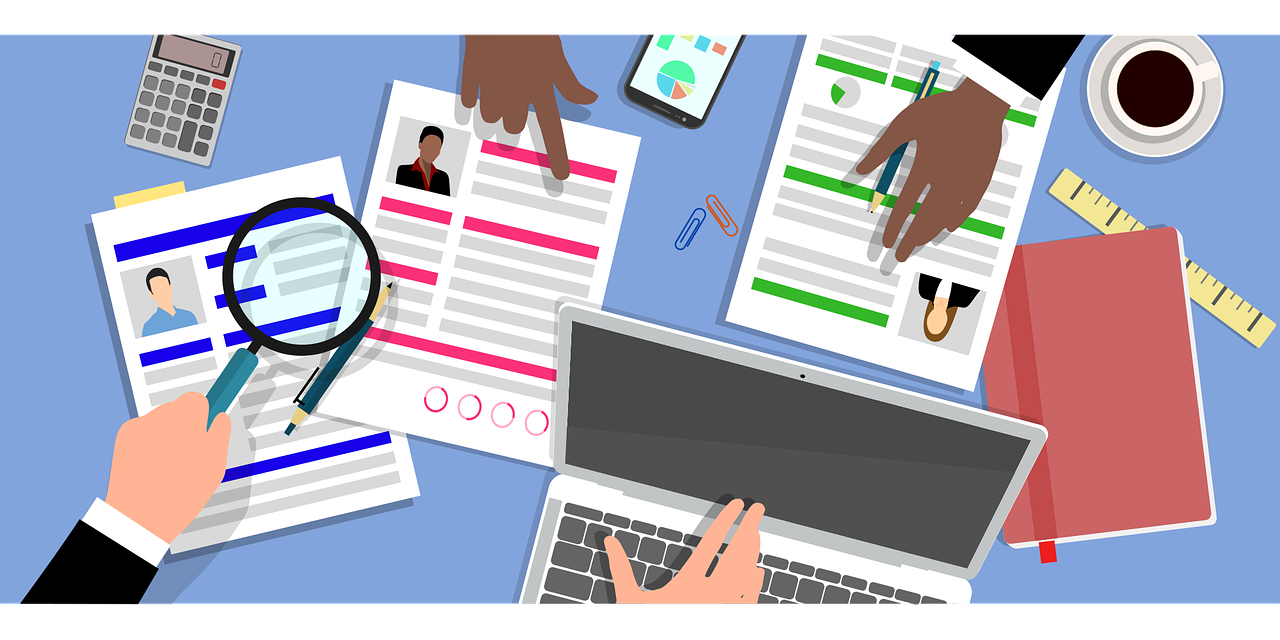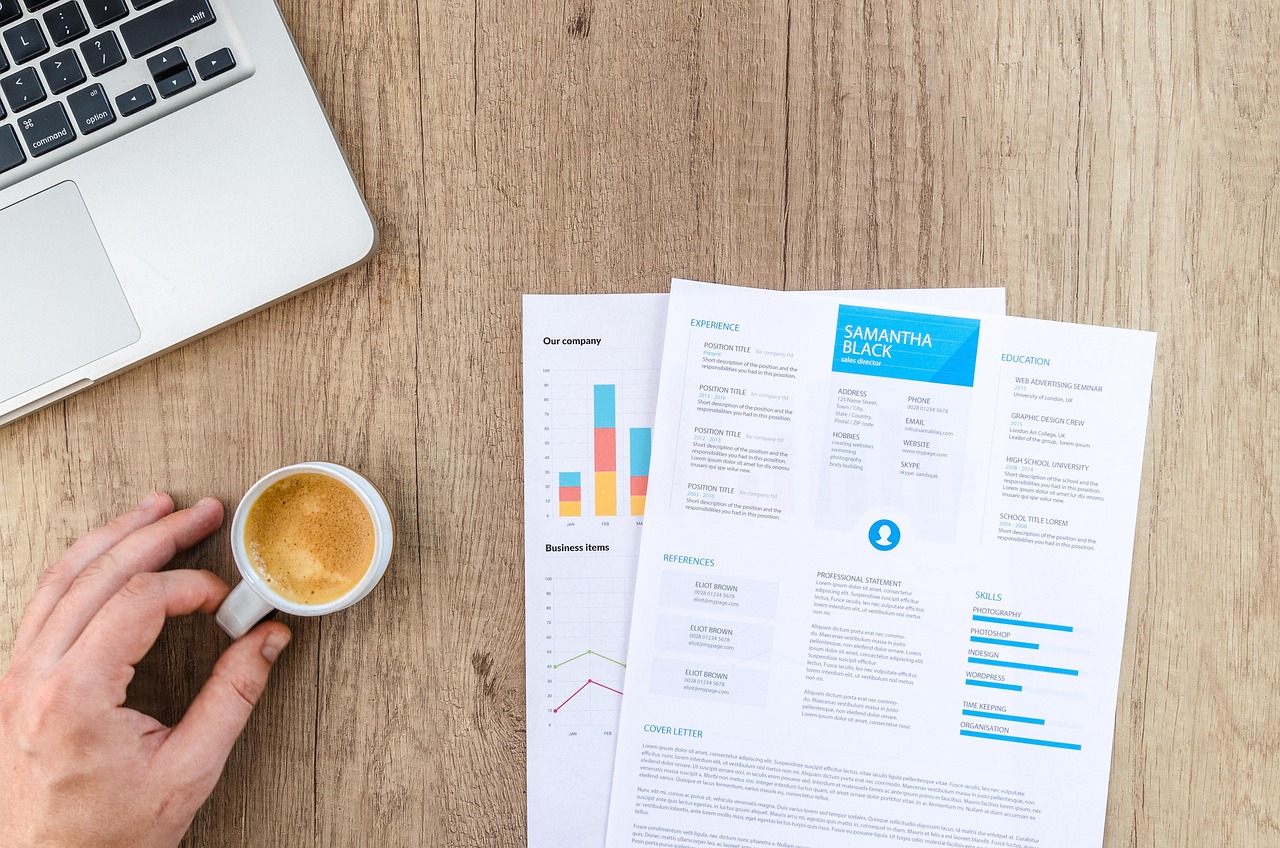Whether you’re a seasoned developer or fresh out of coding boot camp, the job search in 2020 can be a stressful experience. Preparing for a software developer interview is nothing like a traditional job interview. Your potential employer doesn’t just want to know if you have the skills to get the job done, but how you solve problems, communicate your thinking, and work with a team. It’s important to understand there are several different stages of the interview process that a software developer must go through.
These stages include initial screenings, coding tests, whiteboarding, and more. While this rigorous process can be intimidating, knowing what to expect and how to prepare can make you the best candidate for the job.
What to Expect in a Software Development Interview
What are Employers Looking for in a Software Developer
If you’ve spent weeks or months sending out resumes and applying for jobs, you know how great it feels to get a notification that a company wants to move forward and begin the interview process with you. Breaking through the noise of hundreds of other candidates means that a company saw something in your resume, cover letter, or portfolio that made you stand out.
The interview process for a tech job is lengthy and employers have a checklist of items they are looking for in an employee, but we can narrow it down to three main qualities.
- Do you have the technical skills?
- Are you coachable?
- Will you fit in with the company’s culture?
Your potential employer will be assessing you on these three themes during the interview process. Software development is a highly skilled and technical job. You need to demonstrate that you have the knowledge and expertise to handle the requirements of the job. Software development is also constantly evolving. In the tech world, you can quickly become obsolete if you do not adapt, learn, and grow. Being a coachable developer means that you are willing to learn from senior developers and are receptive to constructive feedback which is vital for business success. Finally, a potential employer will want to know if you are a good fit for the company’s culture. Culture fit is important for the employer and for you. How do you see yourself working with potential colleagues, what are the company’s core values, behaviors, and beliefs, and where do you see yourself fitting in?
Now that you know what a tech company is looking for in an ideal candidate, let’s take a look at what you can expect during the stages of a software development interview and some tips on how you can prepare for each.
Stages of a Development Interview
Initial Screening
The initial screening of a developer job interview is typically a call with someone from HR and not the development department. They have a standard list of questions they ask candidates to make sure you are the qualified applicant that your resume says you are and answer general questions for you about the hiring/interview process. Keep in mind that the HR recruiter calling you for the initial screening is probably not a technical person, so don’t worry just yet about showing your in-depth coding expertise.
Tips:
- Hone in on those soft skills and do your research about the company.
- Have your elevator pitch about yourself ready to go. This is also a great opportunity to mention your roles and responsibilities in past projects.
- Be ready to share past work experiences and projects and how you overcame challenges in those experiences.
- Expect to answer questions like about why you are interested in this company/position and elaborate on experiences on your resume. Be professional and thoughtful with your answers.
- Add a few “safe” questions for your interviewer like what team would this position be working closely with or what professional development/growth opportunities does the company offer.
- Make sure you have a quiet place to take your phone call uninterrupted. And if it’s a video call do a test run to make sure your technology is working correctly.
Things to avoid: negative experiences with former jobs and employers, asking what the company does, being apathetic or lackluster
Coding Test
The coding test or assignment is still part of the pre-screening funnel. Coding tests are helpful for employers because they weed out those who may have slipped in through the first round of screenings, but really don’t have the level of technical knowledge or skills to get the job done. The coding test may be a timed test or assignment that you have to complete in a certain amount of time. Your interviewers are specifically looking at your technical coding skills in this challenge, so it’s important to show what you know.
Tips:
- You will most likely be asked follow-up questions as to why you chose a certain method, so make sure your work is your own!
- Pay attention to the details and parameters of the task. If something is unclear, ask.
- Test Test Test! Only submit code that has been thoroughly vetted and has a working solution.
In-Person Interview
You’ve made your way through the pre-screening funnel and finally landed yourself in front of the real deal. You get to meet your potential manager or director and show them why you are the best candidate for the job. This is often the most intimidating part of the entire interview process, but pause and remind yourself, you’ve made it this far because you are qualified. Now it’s time to showcase why they should hire you.
When you are invited to the final interview stage this could be several hours long, depending on the size of the company you are interviewing with. Keep in mind that in 2020 many offices are operating virtually so your entire interview may be through a Zoom or Skype call. An in-person or over a video call in this final stage is the most important.
Whiteboarding:
The purpose of the whiteboard challenge is for candidates to demonstrate their technical skills and how they analyze problems to work towards solutions. Hitting roadblocks while whiteboarding is expected. Employers are looking to see how you handle these challenges and what is your thought process to find a workable solution.
Tips:
One of the main things your potential employer is assessing during this stage is how you communicate your processes.
- Vocalize your thinking. As you work through your problem say out loud what you are doing and why you are doing it.
- If you get stuck be honest and use this to your advantage. Employers know everyone gets stuck, they want to see if you can articulate what the issue is and how do you work to fix it. Taking a deep breath helps, and so does talking your way through getting yourself unstuck whether that involves retracing your steps or listing out what your next move could be.
- Take this opportunity to show that you have strong programming and development skills and can persevere through a challenge. Our biggest tip to prepare for this challenging aspect of the interview is to practice. Take a look at some sample whiteboard questions, and record yourself as you work through these practice problems. Analyze your process and how you sound. Make sure you are being clear and concise in your thinking.
Meeting the team:
This is everyone’s opportunity to see if you will be a good fit in this organization. Do your research and have questions ready to ask that show you have a genuine interest in the company. If there is a big project that the company and team recently completed, comment on it or ask about the team’s experience. This is also a good time to show that you are keeping up with trends in technology and new developments in the tech world.
The stages of the developer interview process are time consuming and exhausting but don’t forget one last critical piece, follow up. Reach out to your interviewers and each team member you met with a quick personalized note thanking them for their time. Follow up again in a week or two if you haven’t heard back and make your interest in the position clear.
Unfortunately, with most job searches comes rejection. Use each opportunity you get to interview as a learning process. Be reflective with your performance. Think about what you can change for the next opportunity and most importantly be kind to yourself. Use the insights you’ve gained from this experience to bolster your interview skills for your next opportunity.
Do You Need a Little Interview Confidence Boost?
Recruiters, like TM Floyd & Company, can help prepare you for your interview, help you create your best resume, and tailor it for each potential employer. And a recruiter can help you find a company that will be the best fit for your skills and preferences.




